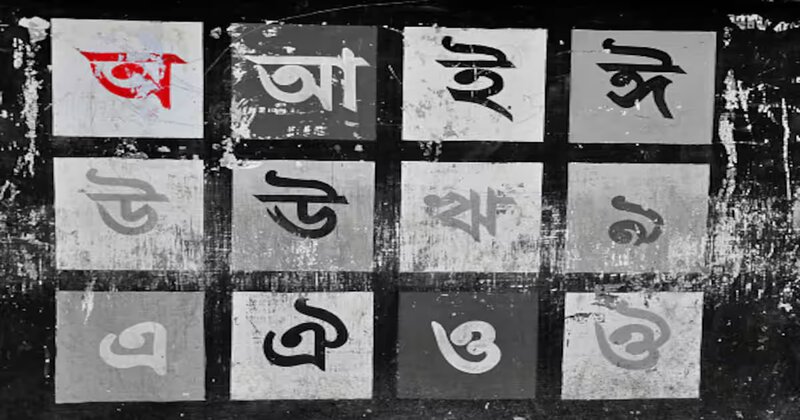
In a pivotal move to enhance and protect India’s linguistic heritage, the Union Cabinet, led by Prime Minister Narendra Modi, has granted classical language status to Marathi, Pali, Prakrit, Assamese, and Bengali. Information and Broadcasting Minister Ashwini Vaishnaw highlighted that this decision aligns with the government’s commitment to celebrating Indian culture and heritage, emphasizing the significance of classical languages in safeguarding the rich historical and cultural legacy of various communities.
The classification of classical languages in India was initiated on October 12, 2004, beginning with Tamil and later extending to languages such as Sanskrit, Telugu, Kannada, Malayalam, and Odia. The Maharashtra government had submitted a request for Marathi’s classical status in 2013, which was subsequently recommended by the Linguistics Experts Committee (LEC). With assembly elections approaching in Maharashtra, the issue of classical language status has emerged as an important topic in the political discourse of the state.
To facilitate this classification, the LEC, under the Sahitya Akademi, convened in July 2024 and revised the eligibility criteria for classical language status. The government believes that recognizing these languages will create significant employment opportunities, particularly in academic and research fields. Additionally, the efforts to preserve, document, and digitize ancient texts in these languages are expected to generate jobs in archiving, translation, publishing, and digital media, with a wide-ranging impact on cultural and academic landscapes both nationally and internationally.

Post Your Comments